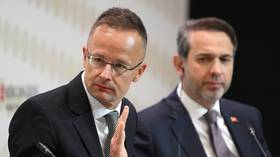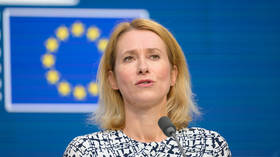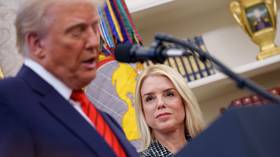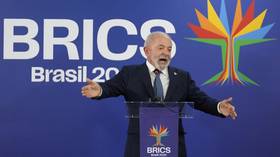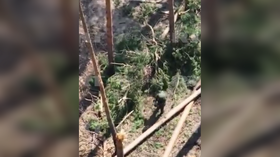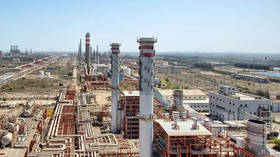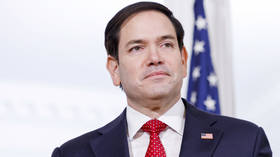Russian pipeline gas exports to EU fall – Reuters
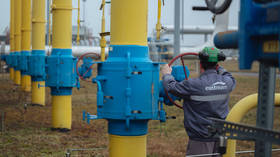
Russian natural gas exports to the EU saw a sharp month-over-month contraction of 18.3% in June, according to data compiled by Reuters. The drop was reportedly attributed to maintenance of the gas-pumping infrastructure.
TurkStream, which directly transports Russian gas to Türkiye and Southern Europe, remains the only route for supplies to the region after Kiev unilaterally halted gas transit through Ukraine at the end of last year.
Last month, Russian gas exports via TurkStream declined to 37.6 million cubic meters (mcm) per day, down from 46 mcm per day in May, Reuters reported on Wednesday, citing calculations based on data from the European Network of Transmission System Operators for Gas (ENTSOG). However, gas supplies via the route reportedly rose by 6.8% in the first half of 2025, compared to 7.8 billion cubic meters (bcm) during the same period in 2024.
Total gas exports to the bloc, including pipeline deliveries and LNG cargoes, reportedly amounted to 8.33 bcm in the first six months of 2025 – a 47% drop from the 15.5 bcm exported during the same period in 2024.
Russia, once the EU’s primary gas supplier, sharply reduced exports in 2022 following Western sanctions over the Ukraine conflict and the sabotage of the Nord Stream pipelines. The country’s share of EU pipeline gas fell from over 40% in 2021 to around 11% in 2024.
Though Russian gas supplies have not been directly banned by the EU, most member states have voluntarily reduced imports. However, several landlocked countries, including Hungary, Slovakia, Austria, and the Czech Republic, as well as Serbia, which is not a member, continue to rely on limited volumes through various exemptions.
Energy prices in the region soared shortly after the Ukraine-related sanctions were imposed. In 2022 alone, EU nations spent around €390 billion on gas and electricity subsidies to shield households and businesses, according to the European Court of Auditors (ECA). Though prices later stabilized to pre-crisis levels, the ECA warned that EU consumers lack affordability guarantees in the event of a future shortage.
In June, the European Commission unveiled the RePowerEU plan, which aims to phase out all Russian energy imports by 2027. The proposal, which Hungary, Austria, Slovakia, and reportedly Italy oppose, is expected to be introduced as trade legislation, allowing Brussels to bypass a veto and adopt the plan by majority vote.
